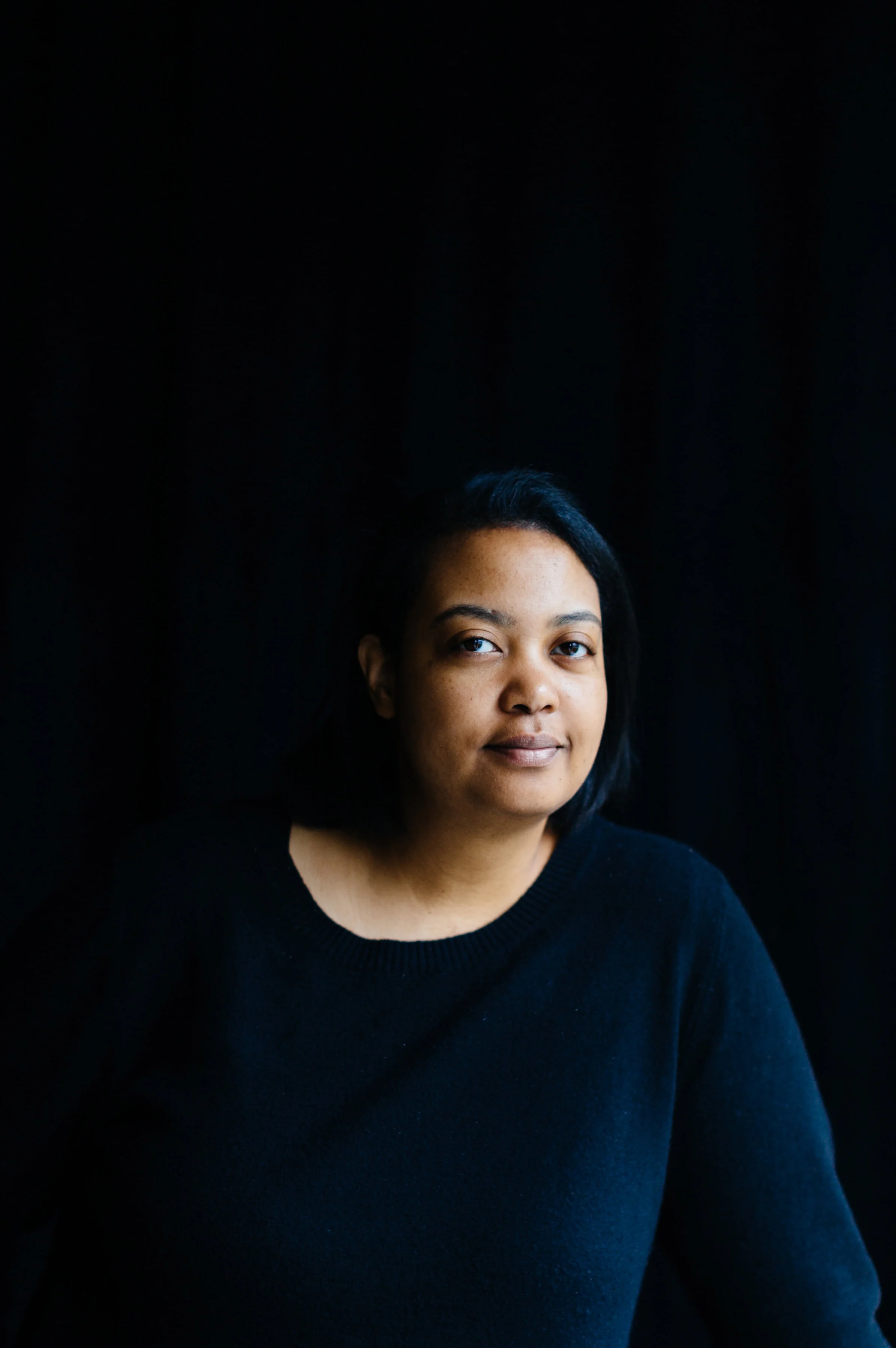WERKIN With Arlan Hamilton On Building Something Out Of Nothing
Arlan Hamilton, founder of Backstage Capital, a venture capital firm investing in founders who identify as women, People of Color, or LGBT, has always had an idea of the kind of workplace she would manage if she were the boss,
“I used to daydream about a company that I owned. And what that company would look like and feel like. I try every day have the company that I would want to work for.”
Now, as founder and managing partner of Backstage Capital, Hamilton is not only shaping a company driven by inclusion, belonging and innovation, but helping others to launch companies based on the same values. This week, Hayley sits down with Arlan to talk about her past life as a tour manager, the draw of entrepreneurship, and how to put yourself in another’s shoes.
Hamilton launched her career as a tour manager, bringing some of the top names in music to audiences around the world. As she progressed, she noticed there were fewer and fewer people at the top who looked like her, a gay woman of color.
“The funny thing is that I was making noise in that world about diversity, the lack of diversity at the tour manager level. They weren't doing enough to set themselves up for the right kind of diversity at the tour manager level.”
Hamilton positioned herself to be vocal about the lack of opportunities for underrepresented groups in the music management industry. However, in between touring, she found herself drawn to researching new ventures,
“I would go off tour. I would have a few weeks at home and I would just start, researching things I was curious about. Learned about some place called Silicon Valley. I'm like ‘oh what is that?’ I learned that startup founders were my people, my tribe because they were building something from nothing and they were a lot of times tackling their own pain points and they were sometimes outsiders and outliers.”
While intrigued with the entrepreneurial spirit of Silicon Valley, Hamilton learned that she could unfortunately also related to its challenges with representation.
“I quickly found out that it's the land of opportunity but only for some. And that was really frustrating and disappointing. Once I realized that less than 10 percent of all venture funding goes to women, people of color, and LGBT founders and I am all three of those things, I said ‘well, I can be really upset about this and just sit here or I could be really upset about it and also try to do something about it.’”
Enter Backstage Capital, the first venture capital firm with a focus on finding and investing in founders from underrepresented groups. As a gay woman of color, Hamilton has a personal stake in opening up the VC space to be a more inclusive and representative.
“If you put yourself in someone else's shoes, any of us being something that we're not right now, imagine what it's like. For me, the way that I think about it is I'm black, I'm gay, I'm a woman. I have all these checkmarks that make it difficult. But I also am able. I also have privilege. And sharing my privilege does not take away from what I am. I think that's what the misconception is, that if you share your privilege or if you amplify someone else, somehow you're left with less.”
In Silicon Valley, as in the music industry, Hamilton knows building more diverse and inclusive workplaces means better ideas, greater returns, and investment in companies solving more diverse problems.
What does true success look like for Hamilton and Backstage Capital?
“In five years in the U.S. or less, when you say ‘underrepresented,’ you don't mean a black person, you don’t mean a woman, you don’t mean an LGBT person when you talk about tech. Success, in a way, is being obsolete. On a personal level it's having been a part of representation in tech so that in a few years, there are role models who are people of color, women, and LGBT individuals. They are the status quo.”
To hear what it’s like to put on a show in Wembley Stadium, who Hamilton calls when things get tough, and what’s next in blockchain, listen to the full interview on iTunes.
To learn more from this episode of #WERKINwith, you can listen and subscribe via all good podcast platforms, and on our website. You can also follow us on Twitter and LinkedIn to keep up with our latest guests and more.

